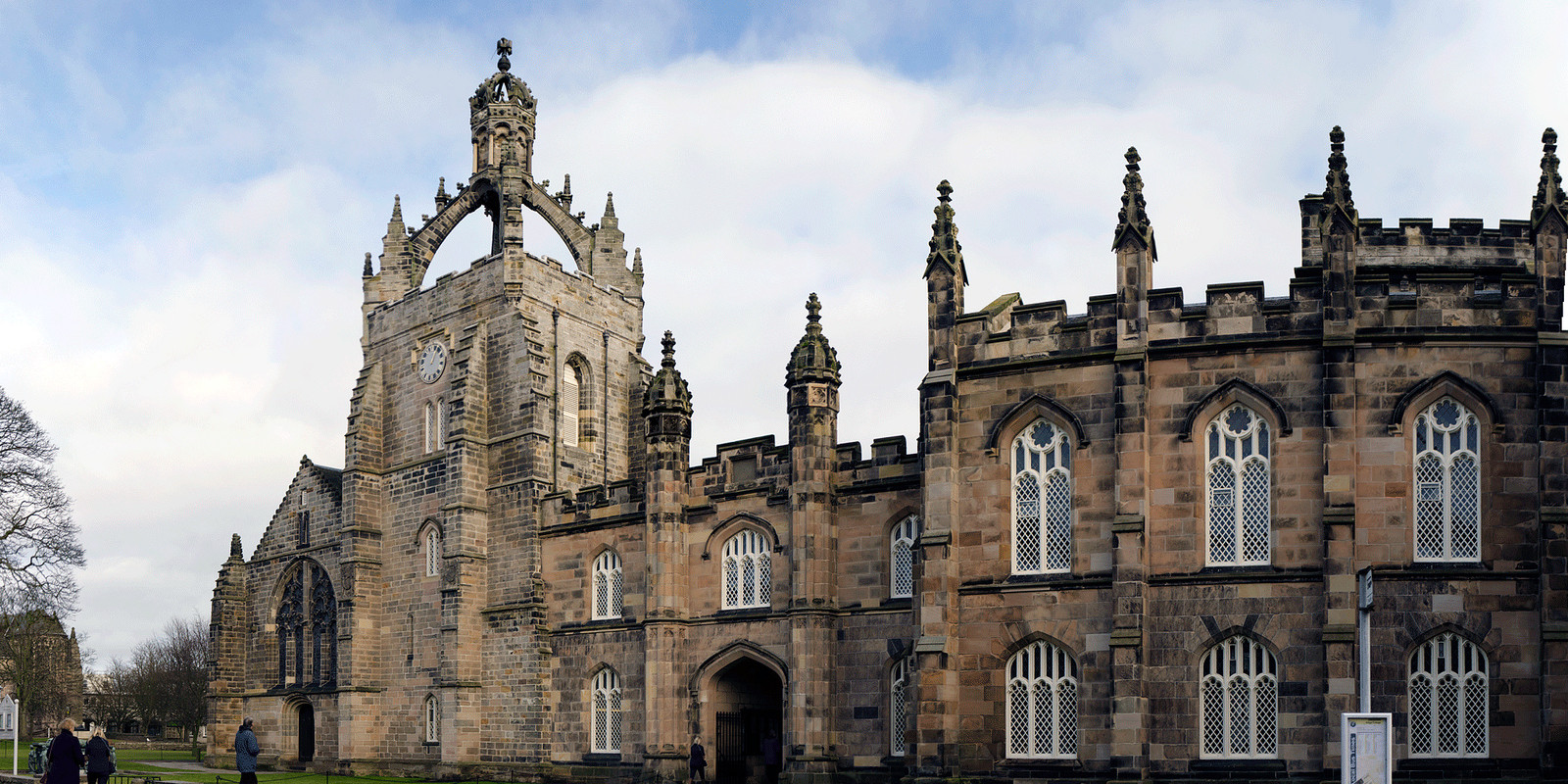Guide for sexual violence prevention published by Scottish universities
A practical guide to combat and tackle sexual violence has been launched by Scottish universities and colleges.
This comes after a campaign lead by the mother of first-year student law student at Aberdeen University Emily Drouet took her own life due to an abusive relationship with her boyfriend. Her mother, Fiona Drouet, introduced the #emilytest campaign, which strives to increase funding for colleges and universities to support victims of sexual violence.
She told the BBC: “We must recognise we have a problem…we can’t dust over it anymore, we can’t ignore it, we need to support our children and give them the support they are crying out for.”
As a result, the Scottish government is providing £400,000 towards the implementation of the Equally Safe in Higher Education (ESHE) Toolkit which recommends various procedures to protect students from sexual violence.
Objectives of the toolkit include: offering guidance and training for staff to respond to disclosures of sexual assault, developing a secure data collection system to record incidences of gender-based violence, and establishing disciplinary procedures and sanctions for perpetrators.
According to statistics in a report published by the NUS (National Union for Students) in 2013, one in four female students experienced unwanted sexual behaviour during their studies
Commenting on the ESHE Toolkit, Further and Higher Education Minister Shirley-Anne Somerville told the BBC: “Universities and colleges have a duty to foster a culture on campus that is clear in its condemnation of gender-based violence and gives staff and students the confidence to report unacceptable behaviour.”
According to statistics in a report published by the NUS (National Union for Students) in 2013, one in four female students experienced unwanted sexual behaviour during their studies, and one in five underwent sexual harassment during their first week of term.
The University of Edinburgh has followed a similar path, embarking on their ‘No One Asks For It Campaign’ (NOAFI). The campaign uses lips-shaped signs around campus with messages such as “violate me” or “grope me” to provoke reactions, to convey the message that nobody asks for sexual harassment.
For the University of Warwick, the Warwick SU Advice Centre, alongside an online support system – the Wellbeing Support Services webpage – is giving advice on what steps to take in case of sexual harassment; emergency contact details including the Blue Sky Centre and the Sexual Assault Referral Centre (SARC) are provided.
A representative from the Coventry Rape and Sexual Abuse Centre also collaborates with the SU Advice Centre four days a week. The University is also involved with the #WeGetConsent campaign, with various clubs and societies cooperating to tackle sexual violence.

Comments